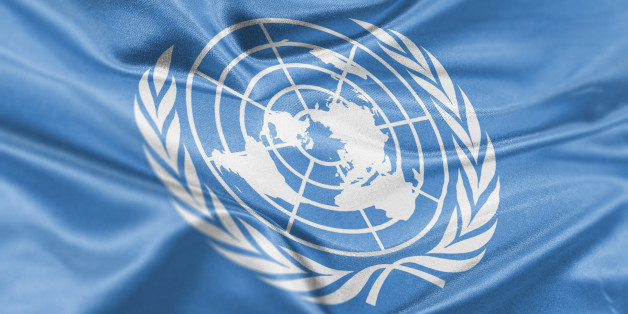Several United Nations human rights experts criticized Texas this week for protecting human rights for babies in the womb through its new heartbeat law.
Scottish Legal News reports the UN human rights leaders believe abortion is a human right and restricting it amounts to “structural sex and gender-based discrimination at its worst.”
Melissa Upreti, chair of the United Nations working group on discrimination against women and girls, slammed the Texas law as a violation of international human rights in an interview with The Guardian.
“This new law will make abortion unsafe and deadly, and create a whole new set of risks for women and girls,” Upreti said. “It is profoundly discriminatory and violates a number of rights guaranteed under international law.”
The Texas heartbeat law prohibits abortions once an unborn baby’s heartbeat is detectable, about six weeks of pregnancy. It has the potential to save tens of thousands of babies’ lives every year and protect countless mothers from the pain and regret of abortion.
Follow LifeNews on the Parler social media network for the latest pro-life news!
Up until now, state heartbeat laws have been blocked in court. The precedent established in Roe v. Wade prohibits states from banning abortions before an unborn baby is viable. But the Texas law is unique from other heartbeat laws because it includes a private enforcement mechanism that allows people to file lawsuits against abortionists who violate the law. Last week, the U.S. Supreme Court refused a request from pro-abortion groups to temporarily block the law.
Reem Alsalem, special rapporteur for the UN on violence against women and advisor to the Human Rights Council, condemned the court’s decision, claiming it would not stop violence but instead increase it, according to The Guardian.
“Through this decision, the Supreme Court of the United States has chosen to trample on the protection of women’s reproductive rights, thereby exposing them and abortion service providers to more violence,” Alsalem said.
Only by completely disregarding the fact that babies in the womb are separate, unique human beings can Alsalem make such a claim.
The Texas law has the potential to save tens of thousands of babies from abortion violence every year. In 2020, about 54,000 unborn babies were aborted in Texas, and about 85 percent happened after six weeks of pregnancy, according to state health statistics. That means more than 100 unborn babies may be spared from violent abortion deaths every single day in Texas.
Upreti also blasted the high court justices for refusing to block the pro-life law, according to the report.
“The law and the way it came about – through the refusal of the U.S. Supreme Court to block it based on existing legal precedent – has not only taken Texas backward, but in the eyes of the international community, it has taken the entire country backward,” Upreti said.
But that is not what polls show. Though the mainstream media amplifies abortion activists’ voices, several recent polls show that Americans support heartbeat laws.
A new Rasmussen poll found that Americans support the Texas heartbeat law, with 46 percent in favor to 43 percent against. An April poll by the University of Texas-Austin found that 49 percent of Texans support making abortions illegal after six weeks of pregnancy, while 41 percent oppose it. And a national Hill-HarrisX survey in 2019 found that 55 percent of voters said they do not think laws banning abortions after six weeks – when an unborn baby’s heartbeat is detectable – are too restrictive.
The court battle over the Texas law is not over. Whether it will remain in effect or ultimately be upheld as constitutional in court remains uncertain, but pro-life leaders are hopeful now that the Supreme Court has a conservative majority.
In 1973, the U.S. Supreme Court took away the states’ ability to protect unborn babies from abortion under Roe v. Wade, and instead forced states to legalize abortion on demand. Roe made the United States one of only seven countries in the world that allows elective abortions after 20 weeks. The court is scheduled to hear a Mississippi case in the fall that challenges this precedent.
Since 1973, nearly 63 million unborn babies have been killed in abortions in the U.S.








